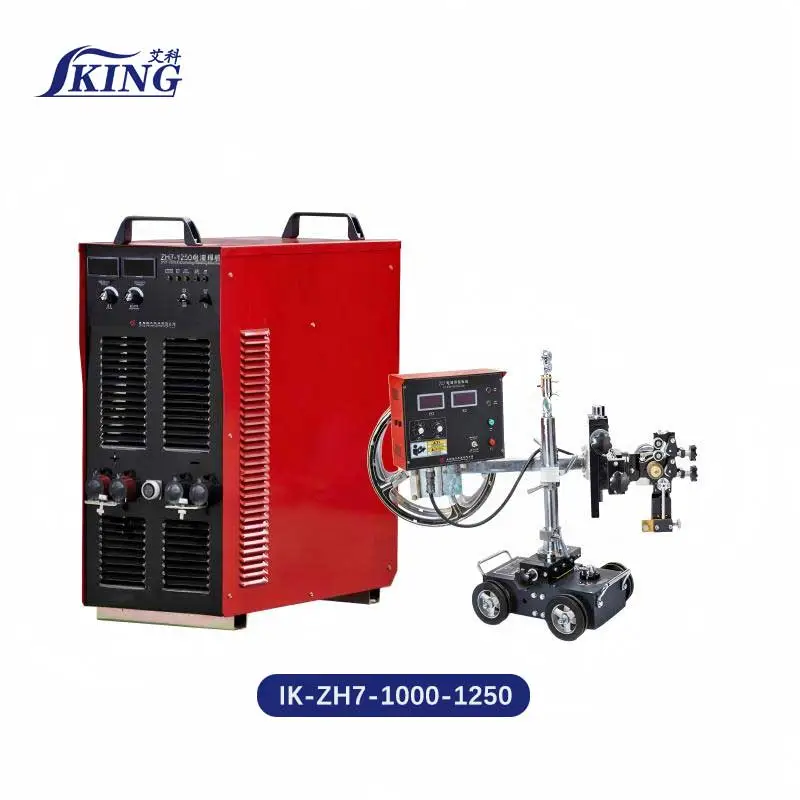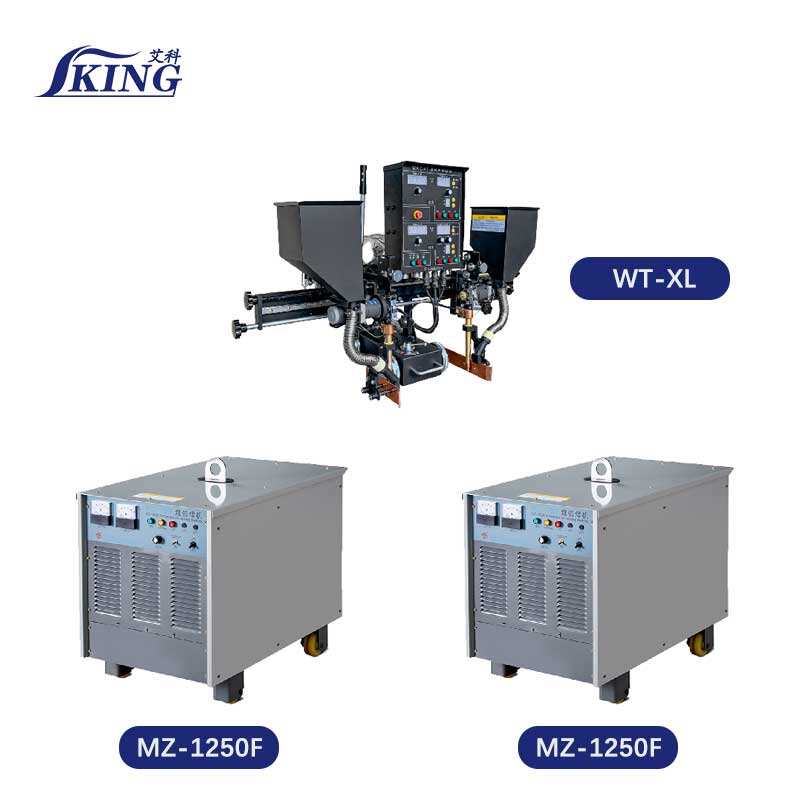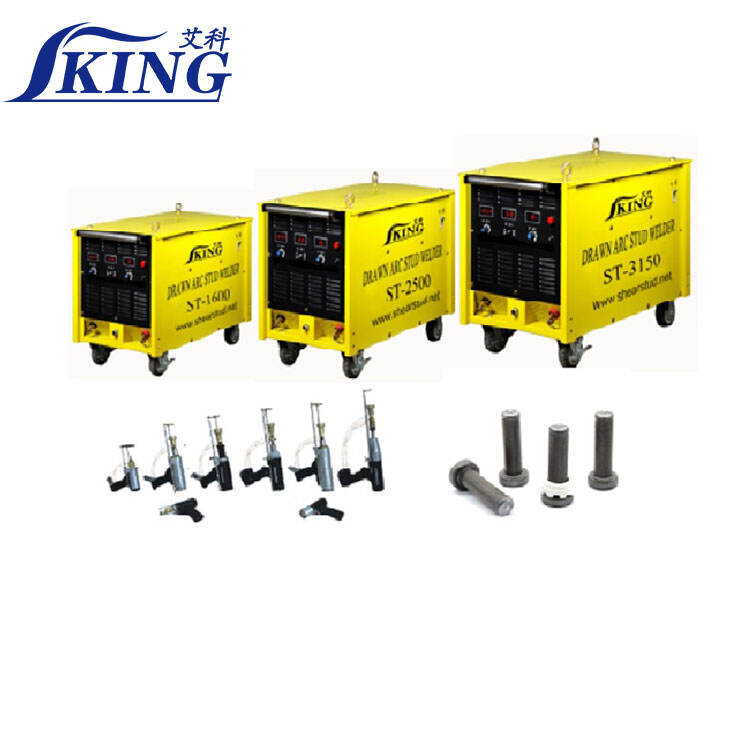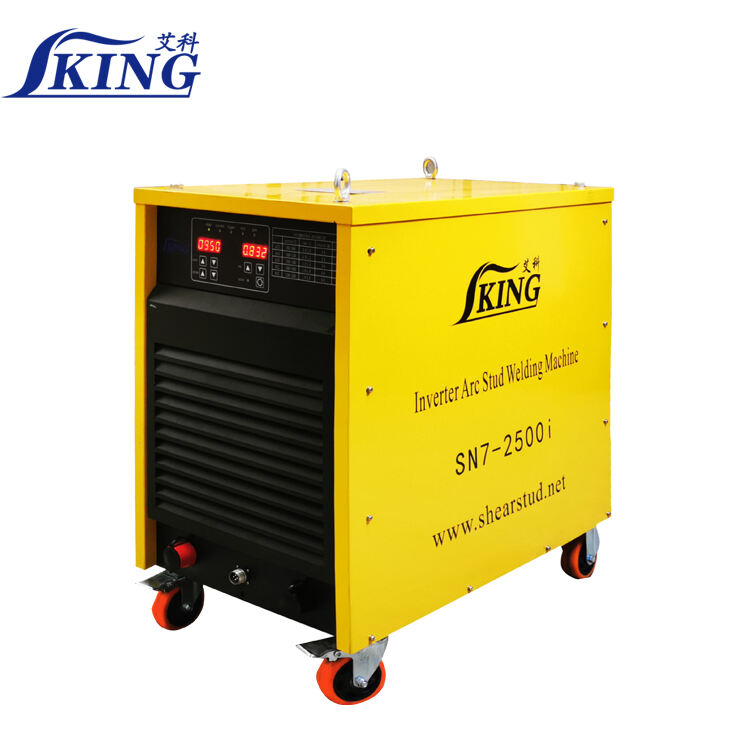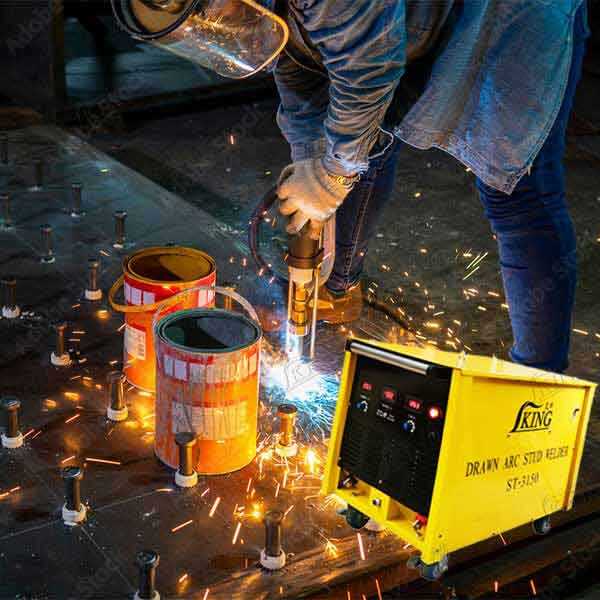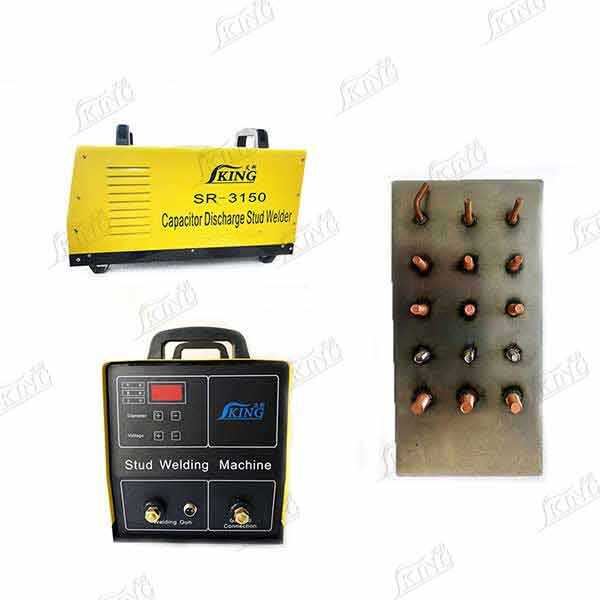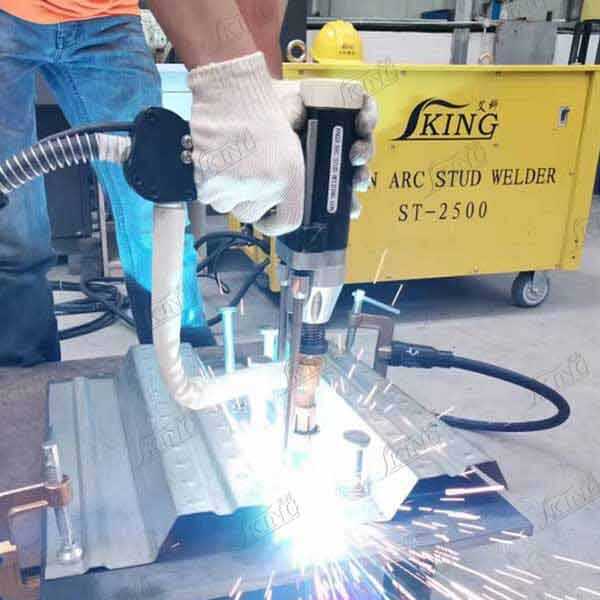جهاز لحام المسامير المسمارية
جهاز لحام المسامير المُخَرَّطة هو جهاز متطور مصمم لتطبيقات تثبيت المعادن بدقة في مجالات التصنيع والبناء. يقوم هذا النظام المتقدم للحام بتثبيت المسامير المُخَرَّطة على الأسطح المعدنية بكفاءة من خلال عملية قوس كهربائي مضبوطة، لإنشاء وصلات دائمة وقوية. يعمل الجهاز بتوليد تيار كهربائي قصير وشديد يذيب كلًا من المادة الأساسية وطرف المسمار، يتبعه تطبيق تلقائي للضغط يضمن اندماجًا سليمًا. وتشتمل أجهزة لحام المسامير المُخَرَّطة الحديثة على أنظمة توقيت خاضعة للتحكم بالمعالجات الدقيقة، مما يتيح تعديلًا دقيقًا لمدة اللحام ومخرج الطاقة. وعادةً ما تحتوي هذه الآلات على شاشات رقمية لمراقبة المعايير، وتحكم آلي بدورة اللحام، وآليات مدمجة لضمان الجودة. وت accommodates هذه التكنولوجيا أحجامًا مختلفة من المسامير، تتراوح عادةً بين M3 إلى M16، وتعمل بفعالية مع أنواع مختلفة من المعادن، بما في ذلك الفولاذ والفولاذ المقاوم للصدأ والألومنيوم. وتتميز العملية بالسرعة الفائقة، حيث تكتمل عادةً في أقل من ثانية واحدة، مع الحفاظ على جودة متسقة عبر التطبيقات المتعددة. وتُستخدم هذه الأجهزة على نطاق واسع في تصنيع السيارات وبناء السفن والبناء وتجميع المعدات الصناعية، حيث يكون التثبيت الآمن والموثوق أمرًا بالغ الأهمية.

